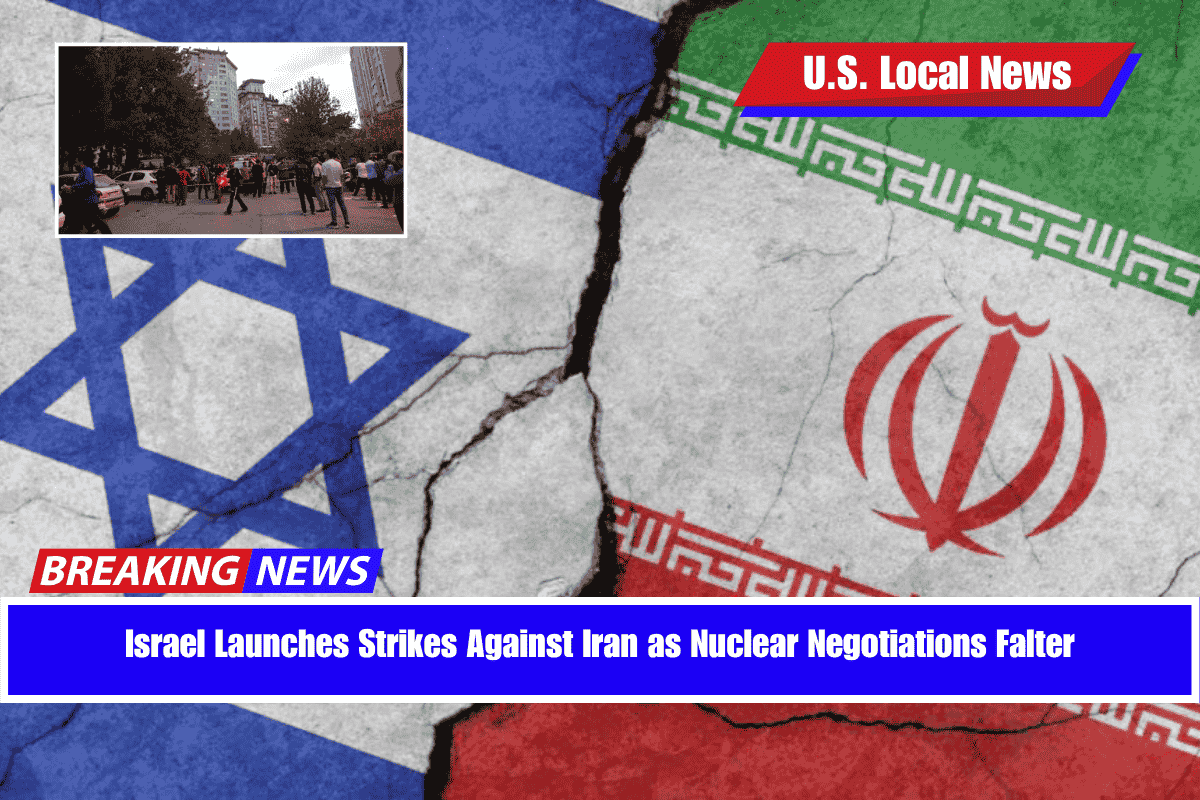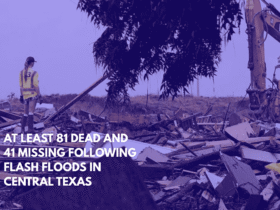On the evening of June 12, Israel launched a large-scale military operation targeting Iran’s nuclear and missile programs, according to statements from Israeli officials.
What Israel Says Happened:
- Defense Minister Israel Katz called it a preemptive strike and said Israel expects retaliation by missiles and drones.
- The Israeli Defense Forces (IDF) reportedly used dozens of aircraft in the attack.
- Prime Minister Benjamin Netanyahu stated they hit Iran’s uranium enrichment facility at Natanz, along with multiple sites linked to its nuclear weapon development and ballistic missile capabilities.
- He said leading Iranian nuclear scientists were among the targets and promised the strikes would continue “as many days as it takes”.
Iran Responds: Explosions and High-Profile Casualties
Iran’s state media reported explosions in and around Tehran during the attack. Officials claiming the Islamic Revolutionary Guard Corps (IRGC) headquarters were hit, saying IRGC commander Hossein Salami was killed.
They also reported General Mohammad Bagheri, the head of Iran’s armed forces, died and that senior official Ali Shamkhani was critically injured.
In response, Supreme Leader Ayatollah Ali Khamenei denounced the strike, calling it a “wicked and bloody” act. He warned that Israel would face harsh consequences.
U.S. Response and Regional Tensions
- U.S. officials confirmed American forces were not involved in the strike.
- Secretary of State Marco Rubio said President Trump and the administration were informed and that steps have been taken to protect U.S. personnel. Rubio warned Iran not to retaliate against American interests.
- Senator Jack Reed (D-RI) criticized the strike as a “reckless escalation” and called for diplomatic de-escalation.
- The U.S. Embassy in Israel advised government staff to shelter in place.
Diplomatic Fallout and Nuclear Talks
This attack risks undermining ongoing diplomatic efforts to limit Iran’s nuclear ambitions. U.S. envoy Steve Witkoff was due to meet Israeli officials before heading to talks in Oman later this weekend.
For many years, Israel has threatened action if Iran’s program becomes weaponizable. Iran insists its enrichment is for peaceful energy, but international watchdogs remain skeptical.
Why This Is Important
- The strike sharply raises tensions in the Middle East.
- It places U.S. troops at risk, with concern Iran may retaliate.
- The attack could derail negotiations aimed at controlling Iran’s nuclear capabilities.
- It sets the stage for a deeper regional conflict, involving multiple countries.
What’s Next?
- Expect retaliation from Iran, possibly via missiles or drones.
- The Trump administration will have to respond if U.S. interests are targeted.
- Diplomats may have to reassess or delay nuclear negotiations.
- All eyes are on how this impacts regional stability and global security.
This development marks a major escalation in the long-standing conflict between Israel and Iran, with potentially far-ranging consequences for the Middle East and beyond.











Leave a Reply